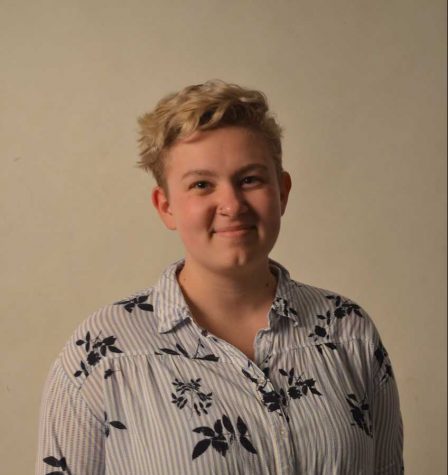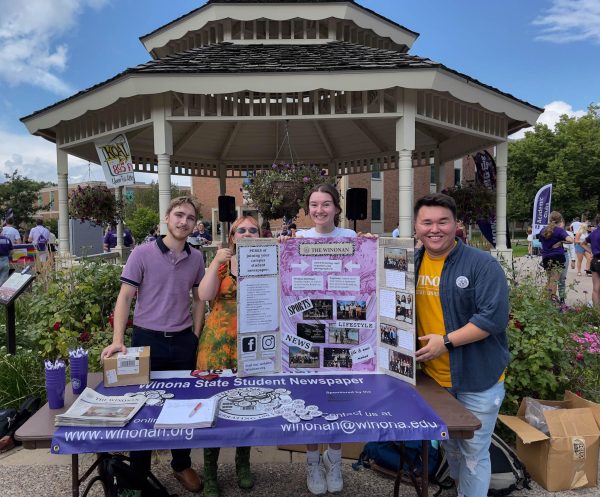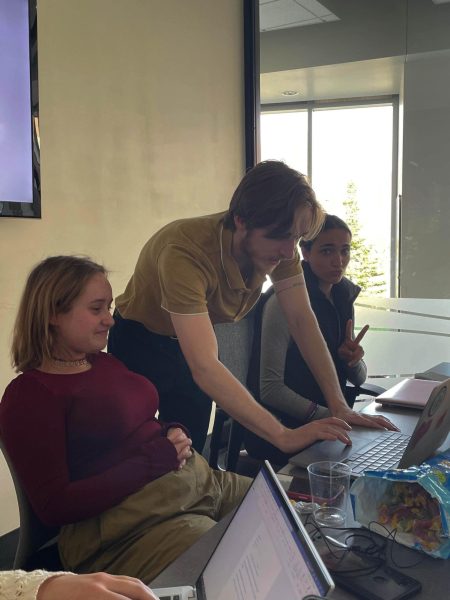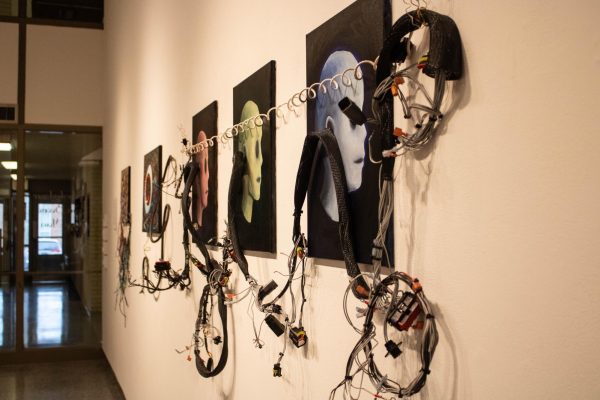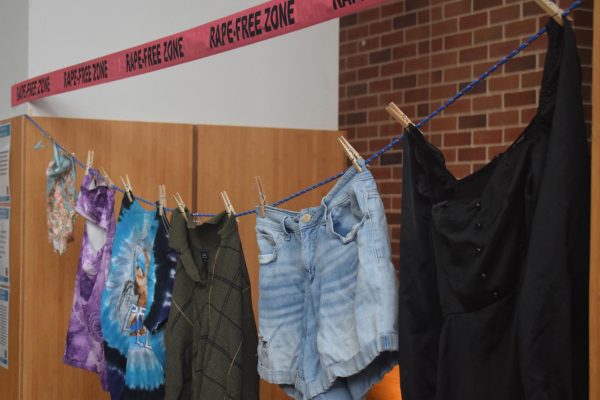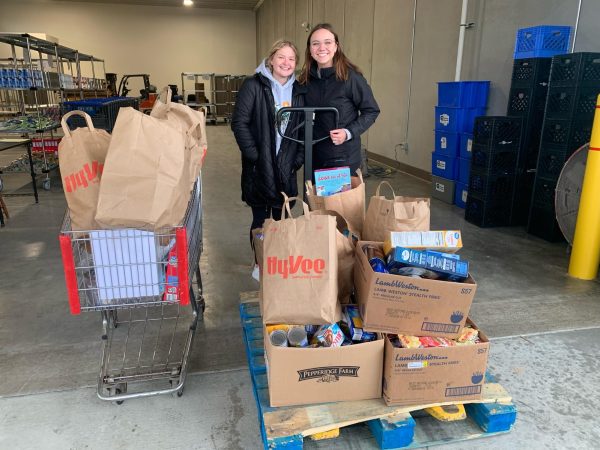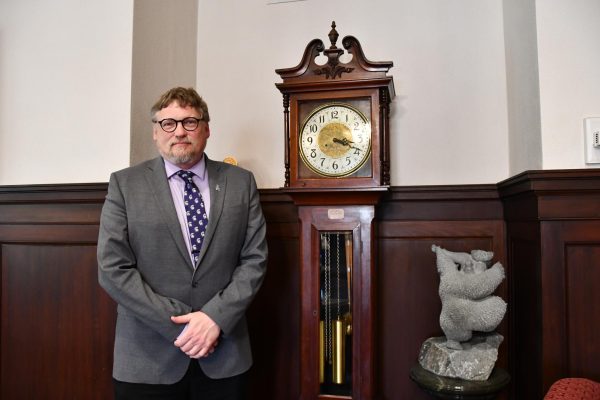Documentary addresses sexual violence
April 11, 2018
The Women’s Resource Center and Office of Inclusion and Diversity hosted a screening of “Ovarian Psycos” in honor of Sexual Assault Awareness month on Wednesday, April 4.
“Ovarian Psycos” is a documentary surrounded around a crew of primarily women of color who bicycle through east Los Angeles to create safer streets for women and gender nonconforming people and confront injustice in their communities. Through the general perspective of three women– a leader, an organizer and a new member– viewers are able to see how these women fight for the safety of all women in their communities. The film, directed and produced by Joanna Sokolowski and Kate Trumbull-LaValle, premiered on March 27, 2017.
Before the film, Mary Jo Klinker, a women’s, gender and sexuality studies professor, had a short slideshow presentation about what the film would be showing, as well as some upcoming events in relation to the film. After the showing, she facilitated a group talk with questions about how this film was related to gender-based violence work here in Winona.
“We understand that east Los Angeles is a very different place than Winona,” Klinker said. “But many of the issues women and trans people face are the same. What can we do here to change that?”
The film addresses several concerns within feminist activism, such as the importance of intersectionality. Intersectionality is used to refer to the complex and cumulative way that the effects of different forms of discrimination (such as racism, sexism and classism) combine, overlap and intersect—especially in the experiences of marginalized people or groups.
Because “Ovarian Psycos” is a film about primarily Latina feminists, an intersectional approach to their activism is a crucial part of the film. Klinker covered this, making sure the audience understood that the organizing of the bike rides were modeled after the Chicano Civil Rights movement.
“Ovarian Psycos” also addresses activist burnout. At one point, founder Xela de la X had to step down from an active role in the movement to spend more time with her daughter.
“A majority of people who begin movements have suffered from related trauma,” Klinker said. “It’s something people forget when activists have to take a break.”
The film screening is not the only event hosted this month to bring awareness to sexual assault. Tamara Berg, a women’s gender and sexuality studies professor, is hosting a Winona State Senior University class called Addressing Sexual Violence on College Campuses: Understanding and Changing the Culture, in order to help people in the Winona community understand what’s happening on college campuses around the country. On April 17, Winona State will host the annual Take Back the Night speak-out and rally.
Ne’Angela Scott, KEAP academic advisor and recruitment and retention specialist, commented on how the film is important to her.
“Seeing women band together, especially women of color, is a very powerful thing,” Scott said. “I know I get really emotional when I see it because it’s not something the media portrays nearly enough.”























































